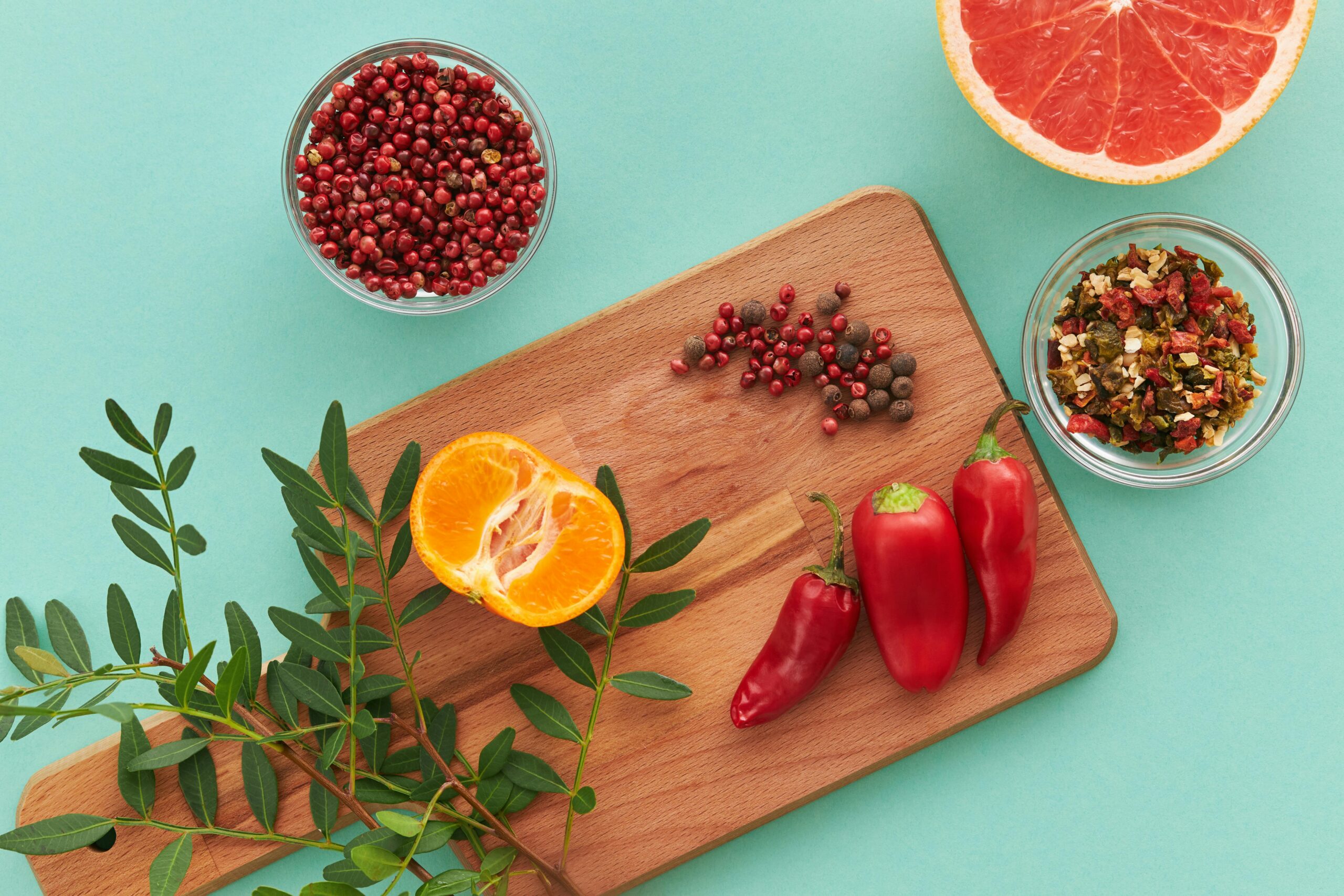
The importance of gut health has become a big topic of conversation. However, a lot of the ways to improve it seem out of our control (i.e. vaginal birth and breast feeding) or for some reason involve a list of expensive and confusing supplements. Today I wanted to share some food first strategies that have a big impact without a huge investment.
Eat 30 Different Plants Per Week
When it comes to the microbiome, Tim Spector is one of (if not the) world’s leading gut health researchers. In 2018, he was one of many scientists involved in the American Gut Project. This took more than 10,000 participants and analyzed their eating habits and stool samples. Through this analysis, they found that the participants who ate a wider variety of plants had a more diverse gut microbiome. The sweet spot was 30 different plants per week.
When I first read this, I had an immediate image of me incredible bloated and just chewing and chewing and chewing. However, once you understand what they categorize as a plant, it is much more attainable. Plants include fruits, vegetables, legumes, grains, nuts, seeds, herbs, and spices. So, if you spice your dinner with paprika, salt, pepper, and garlic that would count as 4 plants!
What to do with this information
Try adding up your plants for a single week and see where you land. Personally, since I eat similarly most days, I fell short when I first counted my plants. However, then it became a fun game to add different herbs to my salads, diversify my snacks and really see where I could sneak things in.
If this sounds like the exact opposite of fun (I really can’t imagine why!) shoot for 3 different naturally occurring colors at your meals. Multiple shades of beige don’t count!
Cool Your Carbs
Before I dive into this one, it is important to understand the idea of resistant starch. Resistant starch is a type of carbohydrate that doesn’t break down into sugar and doesn’t get absorbed in the small intestine. Instead, it makes its way to the large intestine where it ferments and feeds your gut bacteria.
Now since it doesn’t break down into sugar, foods higher in resistant starches can also have a really positive impact on blood sugar, especially for those who are pre-diabetic or diabetic. It can also make you feel fuller as well as help with cholesterol.
Foods like cooked potatoes, rice, bread and pasta are lower in resistant starch when they are cooked. However, if you cool these carbohydrates in the refrigerator overnight, studies suggest that the amount of resistant starch can increase significantly. One study showed a 2.5x increase in the amount of resistant starch in rice that had been cooled for 24 hours and then reheated.
This will also decrease the calories in the carbohydrate because resistant starch has 2.5 calories per gram while starches contain 4.
What to do with this information
I would consider batch cooking or pre-cooking your starchy carbohydrates for the week and then reheating them. This is not only helpful from a time management perspective, but these studies suggest that the glycemic and gut benefits are worth your while!
Water When You Wake
You may recognize this one from my 4 Healthy Habits with Big Results Blog! In that blog we talked about the importance of hydration, but for your microbiome it has a different impact.
When we think of microbiome, we usually think of our gut. However, the beneficial bacteria actually populates our entire digestive track from mouth to bum. Drinking water before brushing your teeth can help capitalize on the good bacteria that has formed in your mouth overnight.
Now, truth be told there are no double blind studies on this. In fact, Andrew Huberman also mentioned this in a recent podcast and even he couldn’t find a lot of data to back it up! However, it makes a lot of logical sense and is a fairly easy thing to do so I wanted to share it with you.
What to do with this information
Take this recommendation with a grain of salt (literally, that will help your water absorption!). If you find this idea weird or just plain gross, feel free to skip it and put your energy into plants and resistant starch! But that doesn’t get you out of drinking your water

